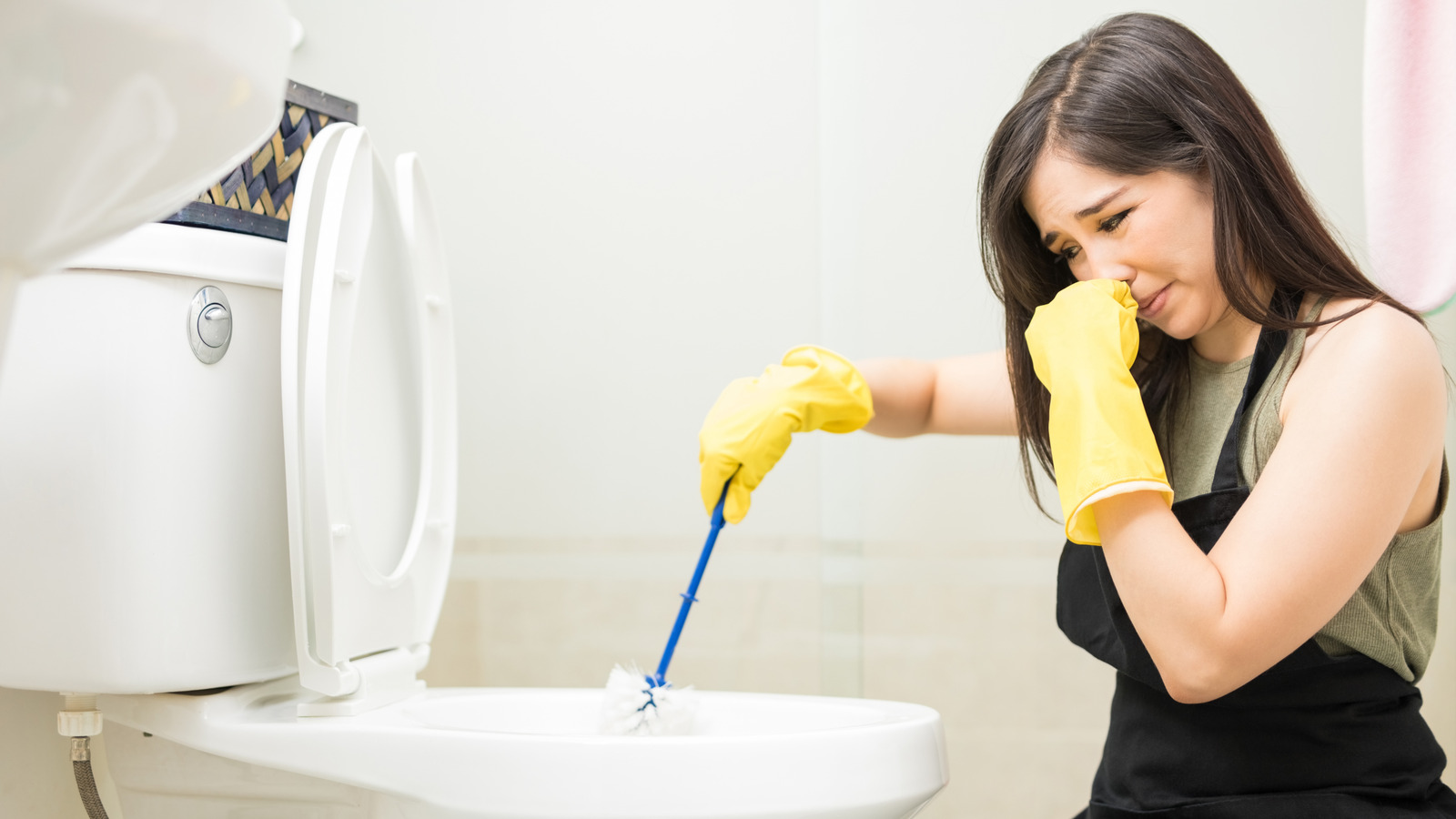A tiny invader, no larger than a paperclip, is poised to unleash a multimillion-dollar plumbing nightmare across California’s most exclusive waterfront communities.
First discovered last fall in the Port of Stockton, the golden mussle – native to southeast Asia – has since infiltrated the San Joaquin Delta and O’Neill Forebay, threatening to cause irreparable harm to the environment, agriculture and drinking water infrastructure.
Officials warn that the caramel-colored muscles could potentially choke water infrastructure serving two-thirds of California’s population, including the affluent areas like Silicon Valley and Bay Area suburbs.
The mollusks are ‘highly efficient filter feeders that can form dense colonies,’ Krysten Kellum, a spokesperson for the California Department of Fish and Wildlife, told SFGate.
The wildlife professional added that if the muscles were to spread to the Bay Area, it is possible that they could clog pipes, impede water flow and damage watercraft motors.
‘These impacts necessitate ongoing, costly removal to maintain operational function,’ Kellum said, which can lead to ‘economic impacts to water conveyances, energy production, recreation, agriculture and ultimately, the public.’
The Golden State wildlife agency has since launched an emergency response plan to address the ‘urgent invasive species threat’.
First discovered last fall in the Port of Stockton, the golden muscle has since infiltrated the San Joaquin Delta and O’Neill Forebay, threatening to cause irreperable harm to drinking water infrastructure. Pictured: The Sacramento San Joaquin River Delta

Officials warn that the caramel-colored muscles could potentially choke water infrastructure serving two-thirds of California’s population
John Yarbrough, Deputy Director for the State Water Project, emphasized the importance of the response’s framework.
‘Using this new framework and close collaboration with partner agencies, DWR will implement strategies to address this invasive species and minimize impacts by monitoring for the mussels in SWP waters and developing a mitigation plan,’ Yarbrough told ActionNewsNow.
The agency also plans to offer $1 million in grant funding to boating facility operators to help prevent any new introductions of the species and ensure the long-term ecological health of California’s waterways.
In light of the suspected invasion, California has also imposed strict boat inspections and quarantines at key lakes, with some water bodies closed entirely to motorized vessels.
‘Recreational boating is a significant contributor to California’s economy, and California State Parks’ Division of Boating and Waterways (DBW) is working diligently with allied industry and agency partners to provide outreach and educational information to boaters and waterbody managers on the importance of the Clean, Drain and Dry message to help protect the state’s waterways from invasive species,’ Ramona Fernandez, Deputy Director of the Division of Boating and Waterways, said.
Folsom Lake and Lake Clementine – both roughly 40 miles northeast from Sacramento – closed to all trailered and motorized vessels on Monday, according to California State Parks.
For those seeking to launch their boats at either destination will now be required to go through a mandatory 30-day quarantine, the state department said.

The mollusks are ‘highly efficient filter feeders that can form dense colonies,’ Krysten Kellum, a spokesperson for the California Department of Fish and Wildlife said

In light of the suspected invasion, California has imposed strict boat inspections and quarantines at key lakes, with some water bodies closed entirely to motorized vessels
After May 14, visitors will be ‘required to have a quarantine, and/or decontamination seal intact and verified prior to entering the water,’ officials wrote.
Lake Berryessa – 65 miles west of Sacramento – similarly, requires hot water decontamination or a 30-day quarantine.
Authorities suspect the invasive species hitched a ride to California via international shipping routes and now they’re asking boaters to clean, drain and dry watercraft before moving between lakes to help curb the spread.
Golden mussels are an invasive species from China and Southeast Asia and were first identified outside of their native range in South America in the 1990s, SFGate reported.









